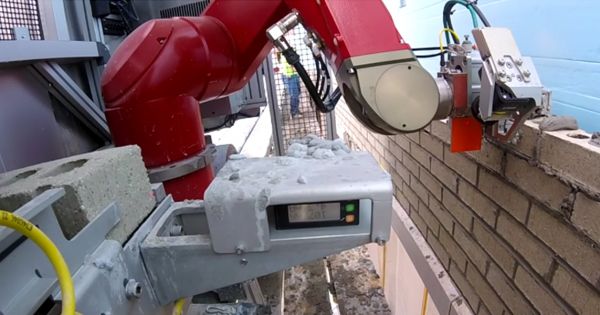Professionals in the built environment are optimistic that the emergence of computerized machines such as robots that can not only do a task but also think can help boost the industry, a new survey has shown.
The survey conducted by UK’s ICE and the National Infrastructure Commission indicates that 71 per cent of respondents think that Artificial Intelligence (AI) can help improve design and optioneering while 69 per cent of respondents believe that AI can help enhance construction operations.
However, the survey carried out in the summer of 2017 indicates that Less than 25 per cent think that AI will improve dispute management, consenting and project approval, a strong indication that devices like robots cannot do everything.
ICE surveyed more than 150 built environment professionals to understand where current thinking on AI sits. Nearly 80% of those surveyed felt that artificial intelligence would have a positive impact on the built environment sector.
But the bone of contention is to predict when their application across more complex design and delivery tasks will become the norm. AI is already being used on construction sites to automate tasks like bricklaying and concrete pouring in developed countries like the US,UK and Germany.
But in order to make AI a success in the industry, Civil engineers of the future will require different training and skill sets, including greater crossover with other disciplines like social sciences.
There is also an immediate need for interested parties to work together to create solutions to the ethical question marks that exist in relation to AI.
Artificial Intelligence and cultural change
ICE recommends cultural change and leadership within the industry in order to realise the benefits of AI for more complex engineering processes.
Piloting and testing is necessary if machine learning and AI technologies, together with robotics and virtual reality, are to transform the built environment, the survey observes.
The survey notes that developing and maximising the relationship between AI and Building Information Modelling (BIM) will speed up the adoption of AI in the built environment sector.
The first humanoid robot called Sophia that was recently given Saudi Arabian citizenship has been quoted as saying that in future robots will do their own programming. The robot created by Hanson Robotics, is able to track and recognize faces and hold natural conversations with humans.

